Call for papers: Nanocatalysis and Thermocatalysis in Precision Chemical Synthesis
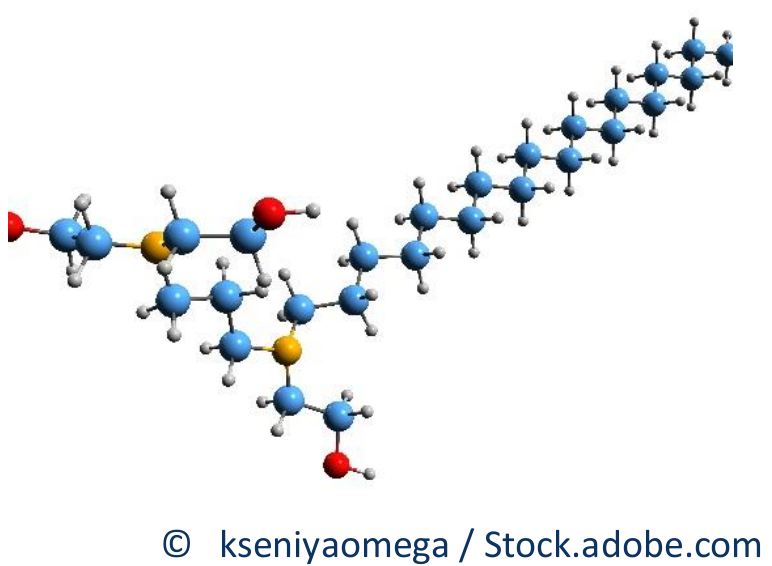
This collection, hosted by Catal, highlights the intersection of nanocatalysis and thermocatalysis in precision chemical synthesis. It aims to disseminate cutting-edge research that drives innovation in catalytic materials, selective processes, and reaction pathways, fostering advancements in the production of fine chemicals and specialty compounds. Aligned with Catal's mission to prioritize impactful catalytic applications, this collection welcomes contributions from established and early-career researchers that advance both theoretical and applied catalysis.
The collection embraces the breadth of Catal’s coverage, including topics such as nanostructured catalysts, thermocatalytic processes, and advanced synthesis strategies. Contributions may explore catalytic mechanisms, computational modeling, or experimental breakthroughs, offering insights into scalable industrial applications and fundamental research. Articles types—original research, reviews, perspectives, and analyses—are all encouraged, ensuring a diverse platform for sharing high-impact advancements in catalysis.
If you wish to contribute to this exciting series of articles, please indicate that your manuscript is intended for the "Nanocatalysis and Thermocatalysis in Precision Chemical Synthesis" when submitting it through our submission platform. APC waivers could be applied!
The Guest editors of this Collection are Prof. Bo Song ( Harbin Institute of Technology, China) and Dr. Mustafa Kemal Bayazit (Sabancı University SUNUM, Turkey).
Submission deadline: 31 December 2025.
Please contact Catal@springernature.com for more information.
Follow the Topic
-
Catal

Catal is an open access journal covering full spectrum of catalysis critical advances. From biocatalysts to heterogeneous catalysts, it integrates fundamental and applied sciences. Catal offers a primary platform for researchers and practitioners in the field.
Related Collections
With Collections, you can get published faster and increase your visibility.
Bio-Catalysis in Circular Bioeconomy and Green Chemistry
This collection emphasizes the role of bio-catalysis in advancing the circular bioeconomy, focusing on enzymatic transformations and eco-friendly processes that valorize renewable feedstocks. Contributions should highlight innovative applications of bio-catalysis in waste-to-value systems, biorefineries, and green chemical synthesis.
Catal invites research articles, reviews and reports on the topic of the development of enzymes, metabolic engineering, and integration of bio-catalysis into industrial processes, aiming to reduce dependency on fossil-based resources and promote sustainable practices.
Publishing Model: Open Access
Deadline: Mar 31, 2026
Nanocatalysis and Thermocatalysis in Precision Chemical Synthesis
This collection, hosted by Catal, highlights the intersection of nanocatalysis and thermocatalysis in precision chemical synthesis. It aims to disseminate cutting-edge research that drives innovation in catalytic materials, selective processes, and reaction pathways, fostering advancements in the production of fine chemicals and specialty compounds. Aligned with Catal's mission to prioritize impactful catalytic applications, this collection welcomes contributions from established and early-career researchers that advance both theoretical and applied catalysis.
The collection embraces the breadth of Catal’s coverage, including topics such as nanostructured catalysts, thermocatalytic processes, and advanced synthesis strategies. Contributions may explore catalytic mechanisms, computational modeling, or experimental breakthroughs, offering insights into scalable industrial applications and fundamental research. Articles types—original research, reviews, perspectives, and analyses—are all encouraged, ensuring a diverse platform for sharing high-impact advancements in catalysis.
Publishing Model: Open Access
Deadline: Mar 31, 2026
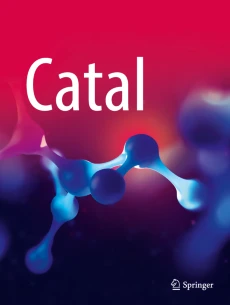
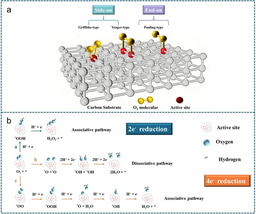
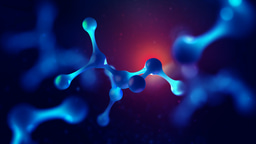
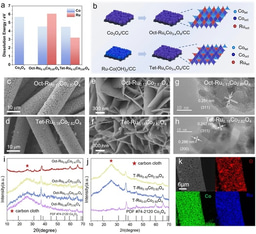

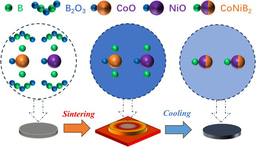
Please sign in or register for FREE
If you are a registered user on Research Communities by Springer Nature, please sign in